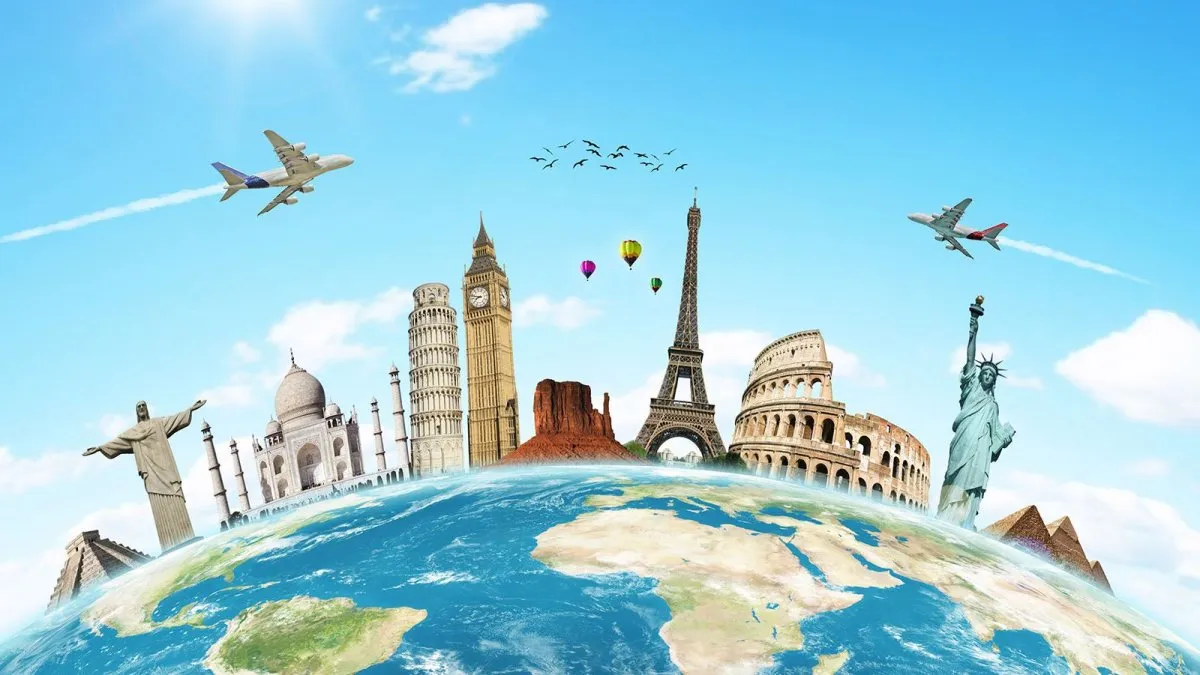Tourism is the third largest export economic sector in the world (after fuel and commodities). In 2019, tourism generated one out of every four new jobs and contributed 334 million jobs, that is, 10.6% of the total worldwide. In 2022 tourism and travel have exceeded expectations.
In May this year, the UN General Assembly held a special debate on tourism for being a sector considered a fundamental pillar of development and growth and for being on the agenda of all governments.
Undoubtedly, the potential that tourism holds is enormous, and all of us who are in this sector, academics, businessmen, governments, have the shared responsibility to ensure its full materialization rethink how we make tourism more sustainable, inclusive and resilient.
The challenge that arises after the pandemic is the creation of programs to stimulate the recovery of tourism. These programs will require innovation and co-responsibility from all interest groups and must place Sustainable Development Goals at the center of all recovery efforts.
In this sense, one of the fundamental aspects of the sightseeing sustainable is inclusion and respect for the natural and cultural heritage. Humanity expresses itself through a multiplicity of cultural manifestations. Respect for cultural diversity is the engine of community development because it drives the growth of their products, that is, their gastronomy, their music, their handicrafts.
Secondly, The UNWTO World Tourism Organization considers that digital advances and innovation are part of the answer to the challenge of combining continuous growth with greater sustainability and responsibility in the tourism sector.
Without a doubt the sightseeing has changed. The activity faces great challenges worldwide, new challenges, requires adaptations in the behavior of all of us who are part of it. And in this sense, educational institutions assume a very great responsibility where they have to act in accordance with SDG 4, which aims to provide quality education. In a context of constant changes in the subject, the initiatives of the top study houses must pursue the objective that future professionals are prepared to face the changes in this sector as dynamic as the sightseeing.
Director of the Degrees in Hygiene and Safety, Environmental Management and Tourism of the Blas Pascal University.
Source: Ambito




